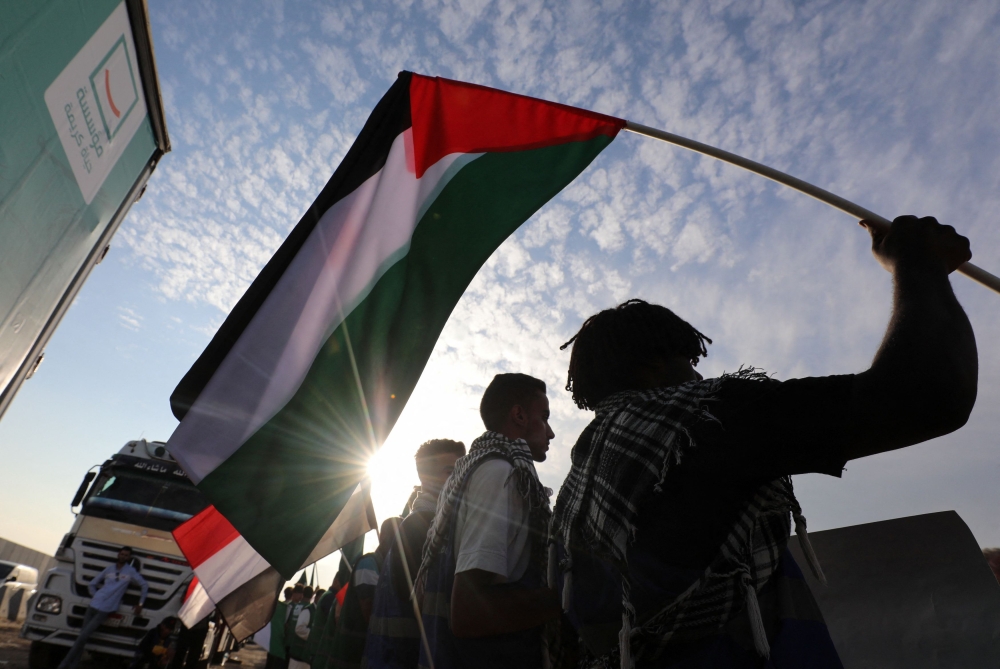NOVEMBER 1 — The Independent International Commission of Inquiry on the Occupied Palestinian Territory, including East Jerusalem, and Israel was established pursuant to the resolution adopted by the United Nation Human Rights Council (UNHRC) on May 27, 2021. [Resolution S-30/1 G2111496.pdf (un.org)].
The Commission is mandated as an independent international commission of inquiry to investigate, in the Occupied Palestinian Territory, including East Jerusalem, and in Israel all alleged violations of international humanitarian law and all alleged violations and abuses of international human rights law leading up to and since April 13, 2021.
The Commission is further mandated to report to the Human Rights Council and to the General Assembly on an annual basis.
The Commission is made up of three members: Navanethem Pillay (South Africa), Miloon Kothari (India) and Christopher Sidoti (Australia). Secretariat support is provided by the Office of the United Nations High Commissioner for Human Rights (OHCHR).
In resolution S-30/1, the UNHRC called upon all relevant parties to cooperate fully with the Commission and to facilitate its access. While the Palestinian government extended their cooperation by facilitating consultations and meetings with relevant authorities, the Israel authority refused to allow entry to Israel and to permit access to the Occupied Palestinian Territory.
This refusal obstructed the engagement of many Israeli and Palestinian victims, witnesses and other stakeholders with the Commission.
The Ministry of Foreign Affairs of Israel had in fact rejected resolution S-30/1 and indicated that Israel “cannot and will not cooperate with such an investigation”.
Despite the Commission highlighting the need for it to hear from all concerned parties, duty bearers, victims and witnesses, underlined the importance of the Commission’s engagement with Israel, and invited Israeli representatives to meet with the Commission, no response was received.
In its first report in 2022, the Commission noted the strength of credible evidence that Israel “has no intention of ending the occupation, has clear policies for ensuring complete control over the Occupied Palestinian Territory, and is acting to alter the demography through the maintenance of a repressive environment for Palestinians and a favourable environment for Israeli settlers.”

The Commission further noted that the continuing occupation of the Occupied Palestinian Territory, including East Jerusalem, the 15-year blockade of Gaza and longstanding discrimination within Israel “are all intrinsically linked, and cannot be looked at in isolation. The conflict and the occupation must be considered in their full context.”
The Commission also noted the findings of the International Court of Justice that Israel was in violation of relevant obligations under international humanitarian law and international human rights law, and that all State parties to the Fourth Geneva Convention have the obligation to ensure compliance by Israel with international humanitarian law as embodied in that Convention.
There are 196 State parties, including Israel. This means 195 State parties have the obligation to ensure Israel complies with international humanitarian law.
Instead of witnessing the collective act of ensuring compliance by Israel with international humanitarian law, we are witnessing collective punishment of Gazans by Israel.
* This is the personal opinion of the writer or publication and does not necessarily represent the views of Malay Mail.





















